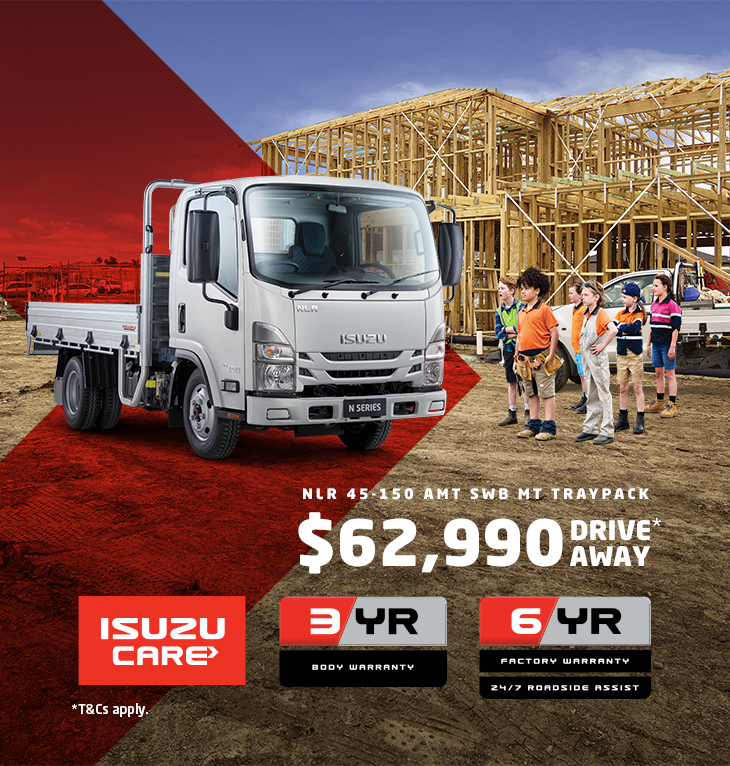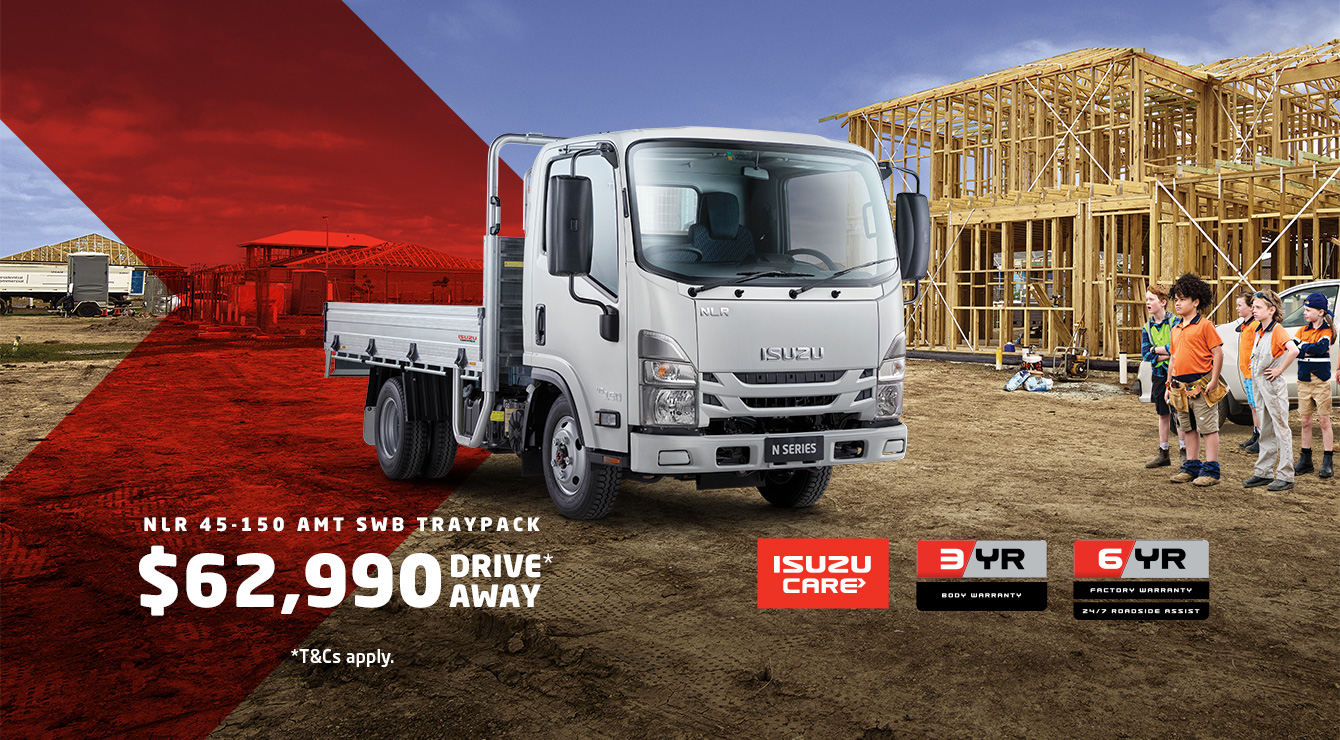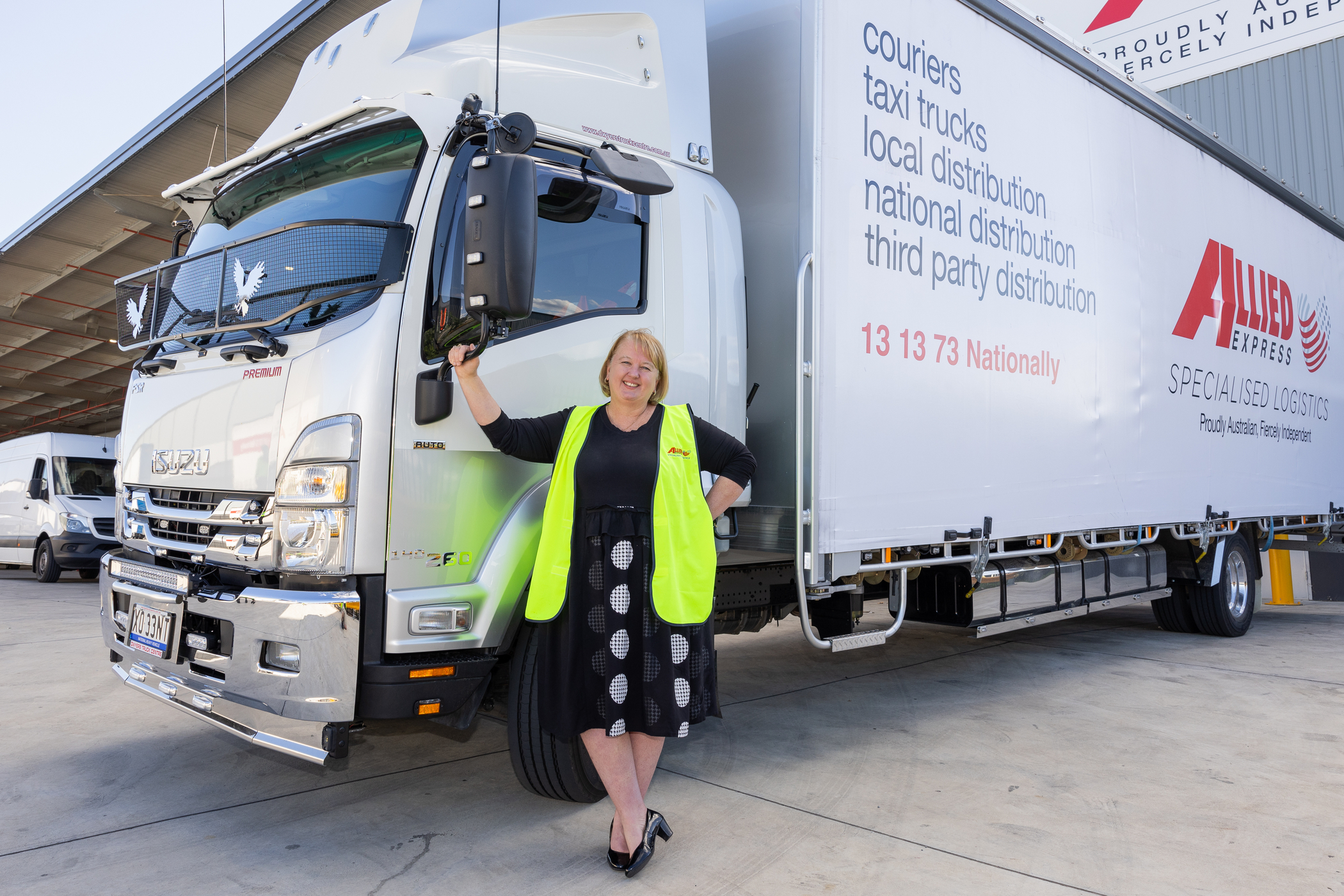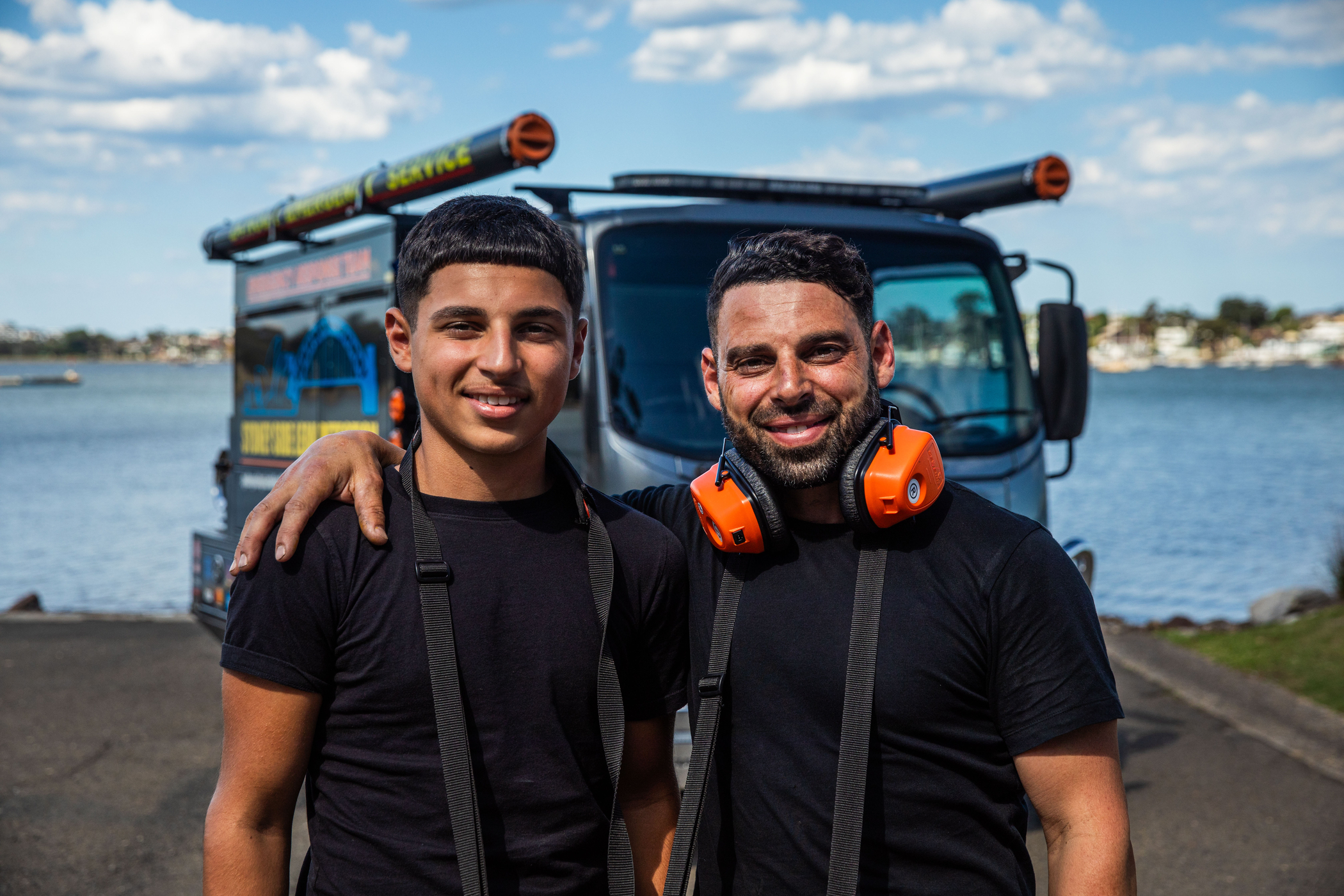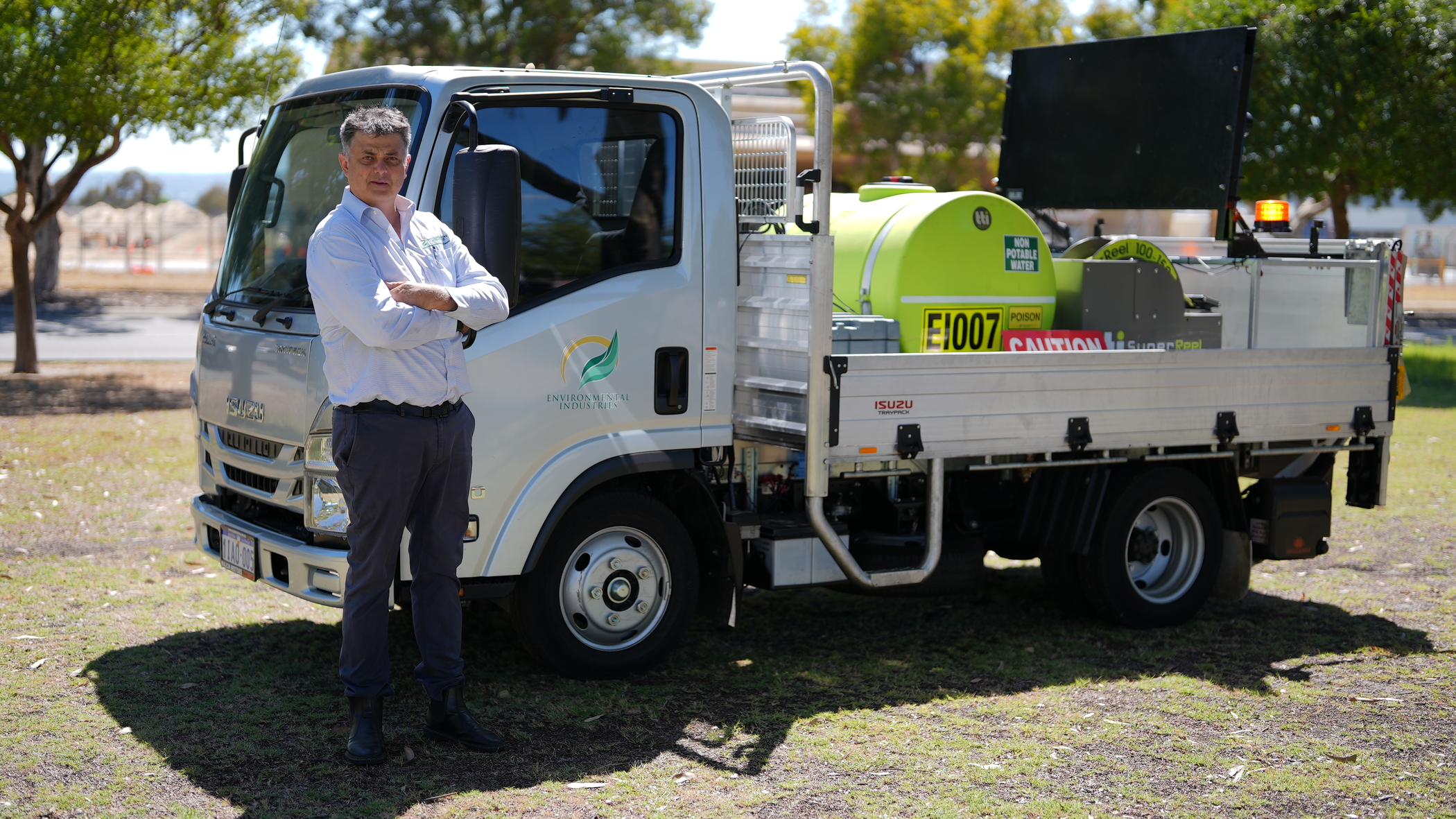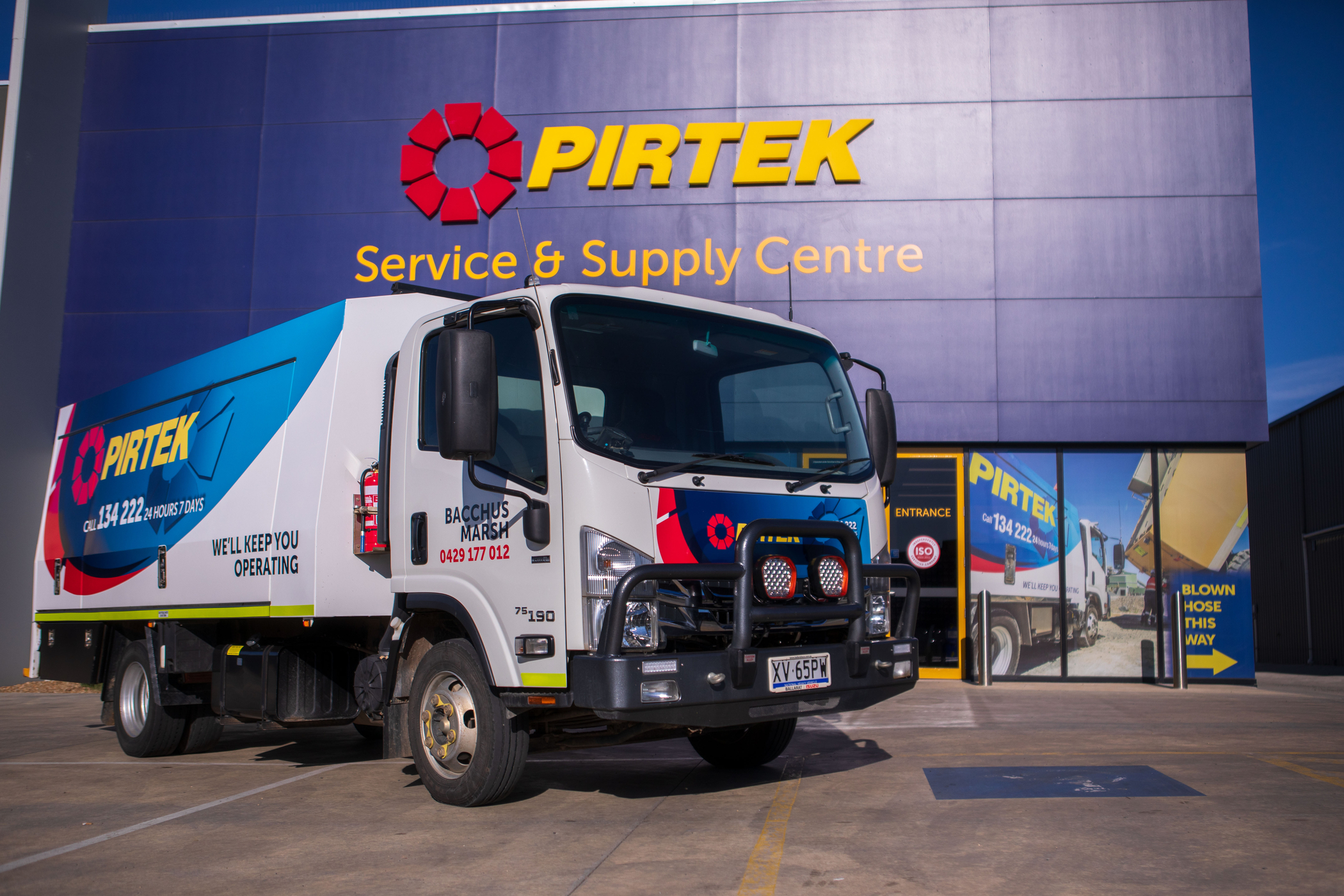For most of us, the issue of whether to buy or lease our car or truck comes up at least once throughout our motoring journey. Vehicle procurement is often a daunting investment, especially when it comes to costly capital equipment such as a work truck.
Should you buy outright, or would the smarter option be to lease? And what’s the
real difference between buying and leasing?
Whichever way you lean, you want to make the right the decision based on your situation, and, importantly, save yourself some cash throughout the process.
What do the terms “leasing” and “buying” actually mean?
According to
business.gov.au, leasing lets you borrow a vehicle under a contract, and buying lets you own the vehicle.
Straightforward enough to be sure, but what actually goes into leasing and buying?
 Leasing pros and cons
Leasing pros and cons
| Pros |
Cons |
| Minimal cash needed upfront
A lease requires a very small deposit to get you on the road. This will vary from place to place, but it can range from one or two months’ upfront payment to no deposit at all. |
Credit woes
If you don’t have a good credit history, you may not get approval for a lease. Also, leasing can end up costing as much as getting a bank loan when you factor in monthly repayment and other related fees. |
| Your lease can be labelled as a business expense
If you have a good tax accountant who is on top of all your business expenses, leasing could provide some tax relief. |
The vehicle isn’t yours
You can’t list the vehicle as an asset and there are restrictions on what you can or can’t do with the vehicle. At the end of the day, it’s not really yours. |
| Upgrade
When your lease is up (typically in a few years), you can upgrade to a newer model. |
Terms and conditions
Many leasing contracts restrict what you can do with the vehicle, such as the number of kilometres you can drive.
You might also be forced to make payments for the entire lease period even if you aren’t using the equipment. If you decide to cancel the contract, a large early termination fee may apply. |
Requiring a lower level of commitment than buying, leasing makes it easy for you to get a vehicle upgrade at the end of the lease. However, with leasing, there will typically be restrictions on what you can do with the vehicle, depending on the contract.
And the attractiveness of leasing is its main advantage: you can upgrade to a newer vehicle at the end of each term.
The main clients of leasing contracts are businesses. They get the vehicle (and vehicle-related services, depending on your contract) for the one price agreed on. And at the end of the lease, they get to return the leased vehicle and replace it with a brand new one.
But leasing has its disadvantages as well.
If at the end of the lease you realise you’re using the perfect truck, perfect for your business needs, and you don’t want to give it up—things can get a little tricky. If you decide to buy your leased truck at this point, you are likely to incur an additional payment (the amount depends on the vehicle’s residual value) on top of the leasing fees you’ve already been paying.
Buying pros and cons
| Pros |
Cons |
| The vehicle is yours
You own the vehicle, meaning you can do whatever you want to it—making any and all of the vehicle customisations necessary for your business, driving however many kilometres you need to etc. |
Maintenance
Because you own the vehicle, all vehicle-related expenses such as servicing and repairs will have to be borne by you, unless your vehicle is under warranty or you have service agreements, such as Isuzu’s Priority Service Agreements. |
| Asset
Because you’ll own the vehicle, it becomes an asset that you can sell. |
Larg(er) upfront costs
Whether you’re paying for it in one lump sum payment or getting a bank loan (which needs a sizeable deposit from your end), the upfront costs are larger than if you were to lease. |
| Selling
You have the freedom to sell whenever you want or need to. |
Depreciation
As soon as you start building up that odometer, the value of your vehicle begins to decrease. |
Buying gives you full ownership of the vehicle, which lets you customise your truck to your heart’s content, tailoring it to your specific business needs. But buying also represents a greater commitment than leasing: you can’t just decide to return the vehicle.
With buying a vehicle, there are different ways to pay—you can either pay the full amount up front or finance through a bank loan.
If you do plan on a bank loan, it’s good to keep in mind that banks will require you to put down a deposit (amount differs from bank to bank, as does interest rate).
High initial costs may be the hardest part of buying, but if what you’re buying has a long life and won’t be obsolete at the end of what the lease term may be, then it tends to be the safer option, especially since the vehicle will be an asset.
To buy or to lease? That is the question.
It’s important to do research and budget planning.
Compare the total buying and leasing costs of the vehicle, take stock of the different options available, and look at what makes the most financial sense
for you.
While you’re at it, you’ll also need to think about tax, registration, insurance, resale etc—and think about whether your need for the product will decrease soon after the lease term.
There are plenty of online financial planning tools to help you, so be sure to do a quick search online for the best tool to help you.
Amidst all these preparations, don’t forget that you can talk to an expert. Pop into dealerships and ask questions—dealers have a great deal of insight into such issues and can help steer you in the right direction.
Thinking about buying a truck? Let us help you wrap your head around
the truck jargon you’ll need to know.

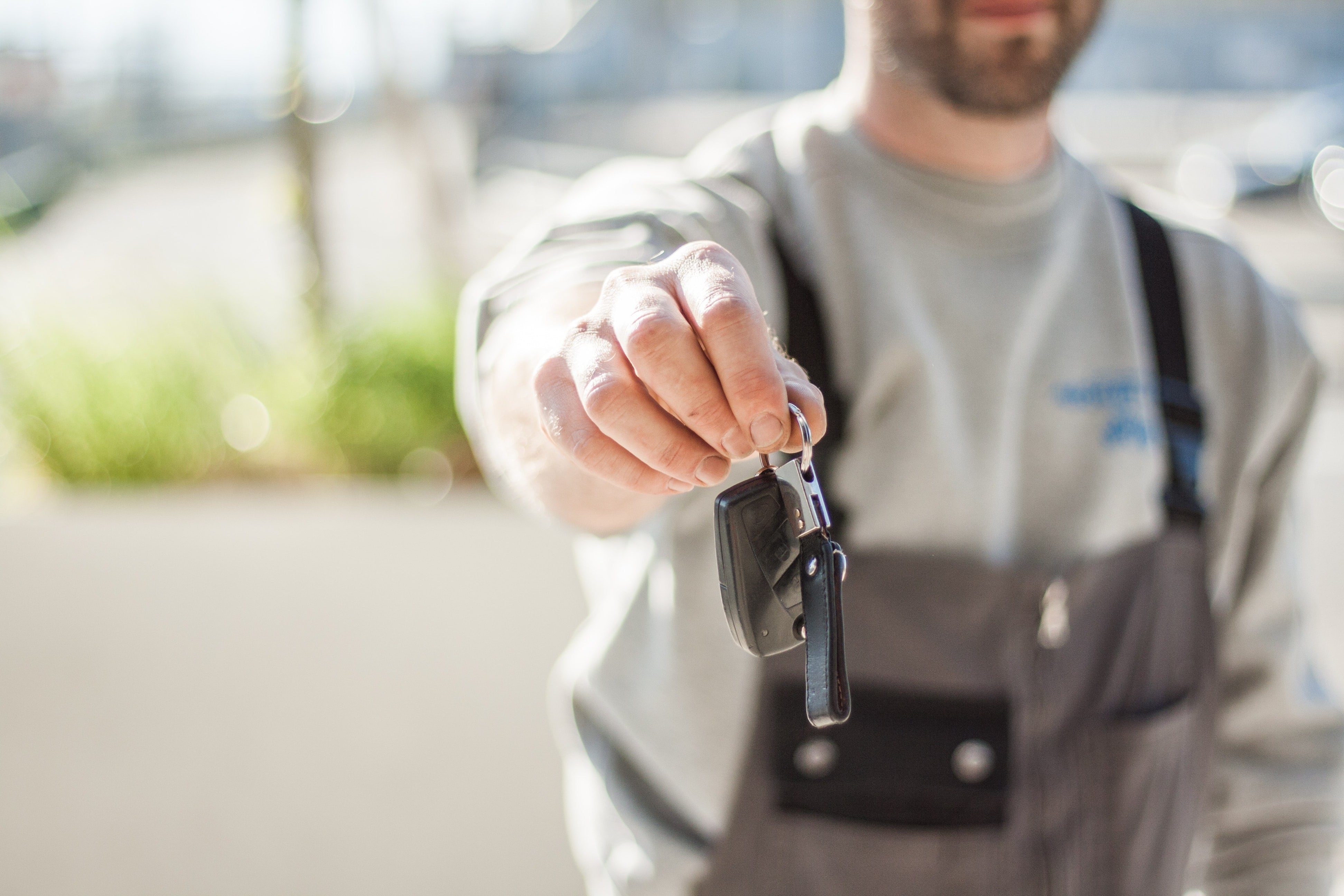
 Leasing pros and cons
Leasing pros and cons

